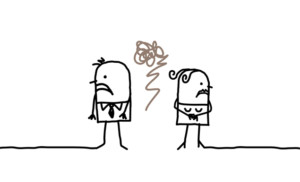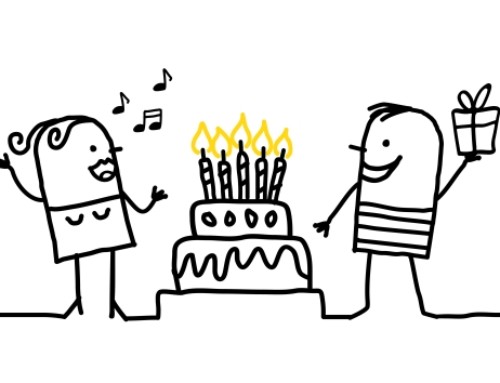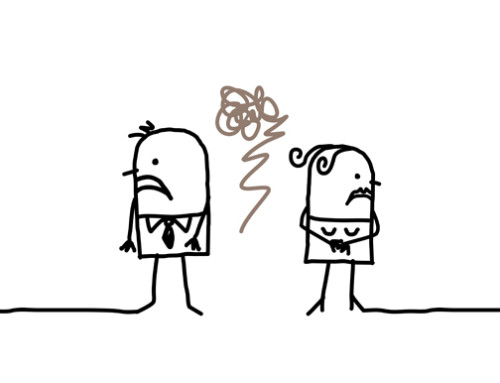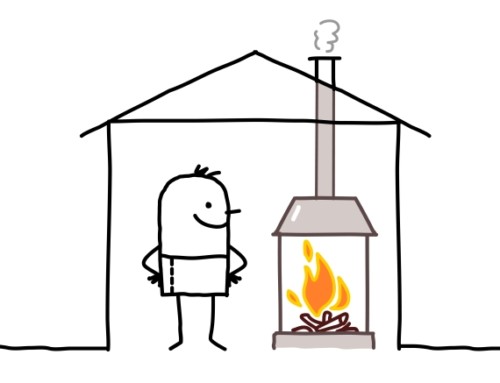In this article, I will discuss steps which couples can take to rebuild trust and their relationship in the wake of an affair.
Estimated reading time: 5 minutes.
One of the most challenging issues I have encountered in therapy is helping couples to heal from an affair. The often-devastating effects on the relationship and on both partners—particular the partner whose trust has been violated—makes working on the issue in therapy feel like rebuilding a home in the wake of a natural disaster.
Although the journey to rebuild the relationship in general and trust in particular is typically long and difficult, taking the right steps can allow the couple to get their relationship back on track slowly but surely. In the following sections, I will discuss these steps.
Read After the Affair
After the Affair is the book I recommend for couples who are trying to heal in the wake of an affair. Janis Spring’s landmark book is essentially a manual containing the steps a couple should take to slowly rebuild their relationship and the trust which has been broken.
It indicates what is helpful and what is unhelpful for the couple to do as they embark on this difficult journey. Spring also normalizes the challenges in the lengthy healing process along with the feelings each partner will experience.
Discuss your thoughts and feelings at the right time and in the right way
It is tempting for a couple to try to put the affair behind them by avoiding discussing it. These efforts typically backfire in the same manner that trying not to think about something backfires. Just as trying to suppress a thought leads the thought to enter one’s mind to a greater degree, avoiding discussions of the affair typically leads it to become the proverbial elephant in the room of your relationship.
Having said that, it is understandable that a couple would avoid talking about the affair if their discussions lead to arguments featuring criticism, defensiveness, and hurt feelings. The key to having constructive dialogue about the affair is for the couple to discuss their thoughts and feelings at the right time and in the right way.
Having affair talks at the right time means choosing a time when both partners are in a relatively low-stress state in which they have the energy and patience to express their thoughts and feelings constructively and to listen empathically. Choosing the right way to discuss the affair means expressing your thoughts and feelings constructively while steering clear of criticisms of each other.
Expressing feelings underneath the tip of the ‘anger iceberg’ like hurt, fear, anxiety, guilt, and insecurity should be the focus. The goal of these discussions should be to express your thoughts and feelings rather than having to find answers to questions.
Use the right measure of healing
An additional reason some couples avoid discussing the affair is that they view having affair discussions less often as their primary measure of healing. With this mindset, the partners view stretches of times when they are not discussing the affair as indicators of progress. In turn, they view a return to discussions of the affair as a sign that they are back at square one.
Although counting the days since the last discussion of the affair may be tempting to use as a sign of healing, it is counterproductive to the goal of healing. The reason is that having more affair discussions, not fewer, facilitates healing provided that these discussions occur at the right time and in the right way.
A better measure of progress in healing from the affair is to use the criteria for a fulfilling relationship which are specified in Dr. John Gottman’s Sound Relationship House model. This model focuses on the couple having a strong relationship friendship and being able to manage conflict effectively as the hallmarks of a good relationship. Tracking progress on these dimensions is a helpful way to measure healing from an affair.

Have the hurt partner make requests of the unfaithful partner
When I work with couples in which one of the partners has had an affair, I invite the hurt partner to make a list of requests of the unfaithful partner. The list contains behaviours the unfaithful partner can perform which would be helpful to the hurt partner healing from the affair and in slowly regaining trust. Some of the requests are ‘low-cost’ in terms of the time and effort required while others are ‘high-cost’ in that they involve significant time and/or effort.
These requests are helpful to healing in several respects. First, they allow the hurt partner to ask for behaviours to be performed which can make a difficult journey to heal and rebuild trust somewhat easier. Second, they make it easier for the unfaithful partner to focus on behaviours which are helpful to regaining trust from the hurt partner rather than guessing at what they should do to help in this endeavour. Third, making and addressing these requests also has the benefit of giving the two partners something within their control on which they can focus during the slow healing process.
Take steps to prevent further breaches of trust
It is reasonable for the hurt partner to be concerned that the unfaithful partner may commit further breaches of trust, particularly in the form of one or more additional affairs. Even if the unfaithful partner expresses a sincere desire not to do it again, the hurt partner validly may be skeptical. That is, if they cheated on me once, how do I have confidence that they would not cheat on me again?
This leads me to work with both partners, as well as working individually with the unfaithful partner, on helping them to take steps which make it less likely that there will be another affair. This involves understanding the factors which led the unfaithful partner to choose to have an affair and addressing these factors so that they are more likely to make a different choice going forward when these factors are present. The factors may be situational, behavioural, emotional, and cognitive.
An unfaithful partner who puts in the effort to address the factors which led them to breach the trust of the hurt partner can go a long way toward rebuilding trust.
Focus on processes rather than outcomes
Sports psychologists distinguish between outcomes and processes. Outcomes are the goals the athlete hopes to accomplish. Processes are behaviours within their control which help them to achieve their outcomes.
Successful athletes spend most of their time focusing on processes rather than outcomes. Focusing on outcomes adds to their stress and detracts from focusing on the processes which are conducive to achieving those outcomes.
Focusing on processes rather than outcomes is similarly beneficial to couples in healing from an affair. Although it is important to have clearly defined outcome goals in healing from an affair such as rebuilding trust, a strong relationship friendship and the ability to manage conflict effectively, the fact that achieving these outcomes typically proceeds at a slow pace and is not within one’s direct control means focusing on them adds to one’s stress. Doing so also detracts from focusing on the processes within one’s control which gradually move the couple toward achievement of their outcome goals.
So, whether the endeavour is athletics or healing from an affair, focus on processes and let the outcomes take care of themselves. The processes on which to focus in healing from an affair are those discussed in this article.
Work with a professional
It is usually helpful to work with a professional to guide you through the challenging journey of healing from an affair. An experienced psychologist or other therapist can help you and your partner implement the processes which will move you in the direction of healing.
Perhaps most importantly, they will help you to develop the patience and perseverance to use these processes over time to the point at which you achieve the outcomes associated with healing.
May you and your partner focus on the processes to heal from any affairs which occur in your relationship,
-Dr. Pat






Leave A Comment